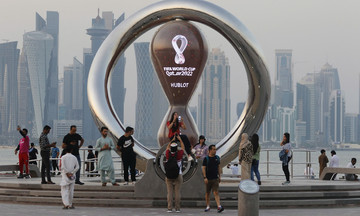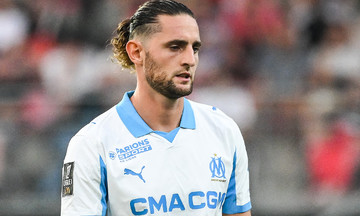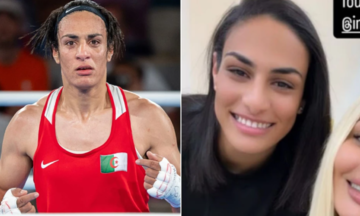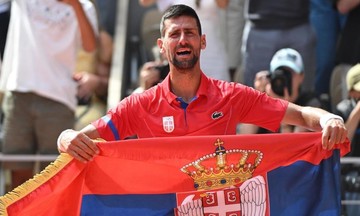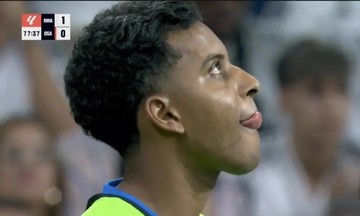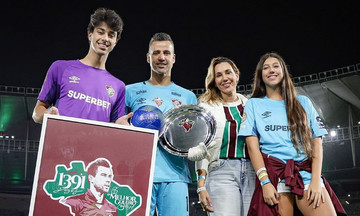In the final, which included butterfly, backstroke, breaststroke, and freestyle, Zidi finished 4th with a time of 2 minutes 9.21 seconds, just 0.06 seconds behind the bronze medalist.
According to the World Aquatics Federation, no other swimmer of the same age, male or female, has achieved this.
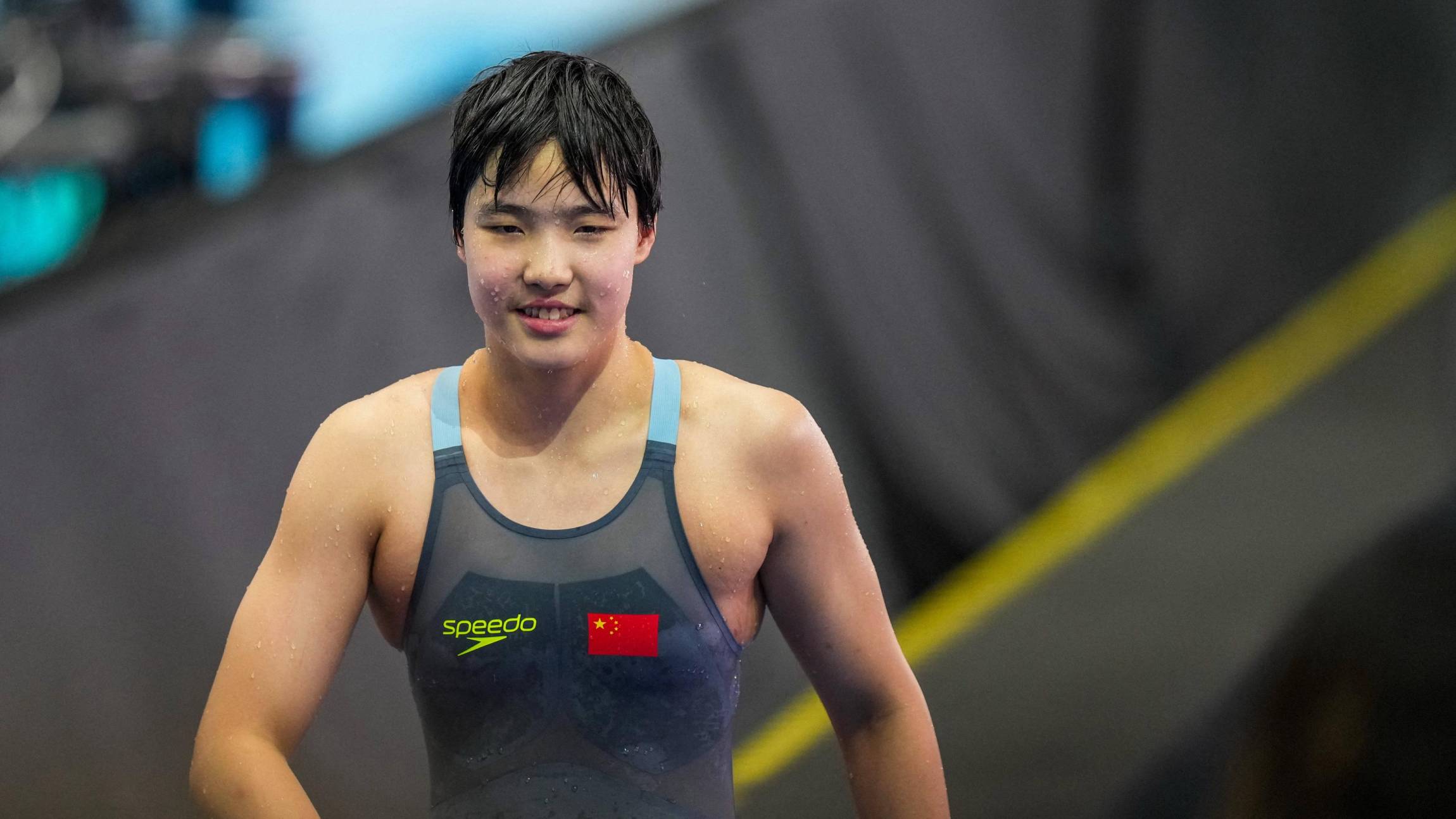 |
Yu Zidi competes at the World Aquatics Championships on 28/7 in Singapore. Photo: *Imago* |
"It's amazing," said Pepin Rivera, head of the Spanish youth swimming team. "Zidi is incredible, swims very well, and performs like an older athlete. She will certainly also reach the 400m individual medley final and achieve a good result."
Rivera was even more surprised to learn that Zidi trains 10 times a week. He explained that in Spain, 12-year-old athletes usually train six or seven times a week, while athletes 18 and older train nine times. The rest of the time is dedicated to specific training like gym workouts.
"Zidi has a very promising future," said 23-year-old silver medalist Alex Walsh. "We'll have to keep an eye on her development."
"Now, Zidi will be under more pressure, because nobody knew her before," said 25-year-old bronze medalist Maria-Sophie Harvey. "But she could be at the top at the 2028 Los Angeles Olympics."
Zidi was born on 16/10/2012 in Baoding, Hebei, northern China. At the age of 6, while being taken to a water park by her father for recreation, she was encouraged by a coach to pursue professional swimming. At the Chinese championships last May, Zidi won the silver medal in the 200m individual medley with a time of 2 minutes 10.63 seconds. Afterward, the young swimmer secured a spot at the world championships.
The world championships usually require athletes to be at least 14 years old, but Zidi qualified with an "A-standard" time. Experts compare her to Summer McIntosh (world champion at 15), Katie Ledecky (Olympic gold medalist at 15), and Kyoko Iwasaki (Olympic gold medalist at 14).
However, the transition from youth to senior level in swimming doesn't always follow the same pattern as in other sports. According to British statistics, only 6.9% of young stars later win Olympic gold medals, and conversely, only 24% of senior athletes have reached the finals of youth competitions.
"Many young swimmers have breakthroughs but then don't succeed," Rivera said. "This happens not only in China but also in other countries. Now, everything depends on Zidi's development. Her chronological age is 12, but her biological age is different. She's more developed."
Thanh Quy (via Marca)



